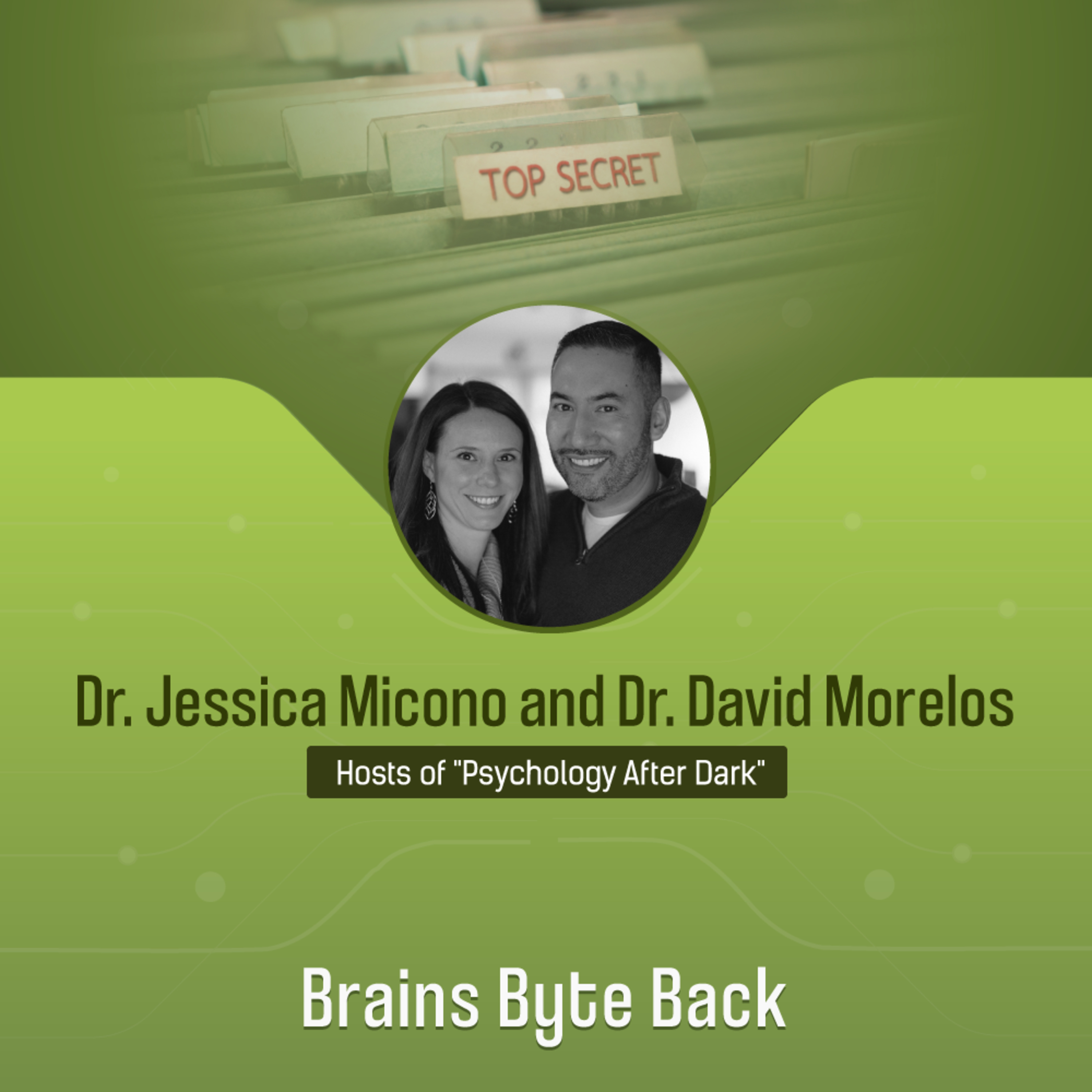Oct 26 2020 44 mins 6
According to a poll taken earlier this year, 1 in 8 Australians believe that Bill Gates and 5G are responsible for COVID-19. While this might sound ludicrous to 7 out of 8 of us, conspiracy theories can have a genuine impact in the real world. For example, according to Business Insider, 77 5G towers across the UK have been set on fire due to a conspiracy theory that links 5G technology to COVID-19. Additionally, 5G workers have been subject to abuse as a result of these beliefs.
To understand why these conspiracy theories receive such strong support from groups of people across the world, we are joined by Dr. Jessica Micono and Dr. David Morelos, hosts of "Psychology After Dark," a podcast examining the dark side of psychology and the human experience, including criminal behavior, psychopaths, and cults, to name a few.
In this episode, we dissect the psychology of conspiracy theories advocates. Based on the article "Why People Believe in Conspiracy Theories" by Kendra Cherry, we break down the three main psychological motivations for beliefs in conspiracy theories; a need for understanding and consistency (epistemic), a need for control (existential), a need to belong or feel special (social).
We also discuss how confirmation bias impacts our belief systems, the legal implications of sovereign citizens' beliefs, and MK Ultra, the conspiracy theory turned real-life story.
